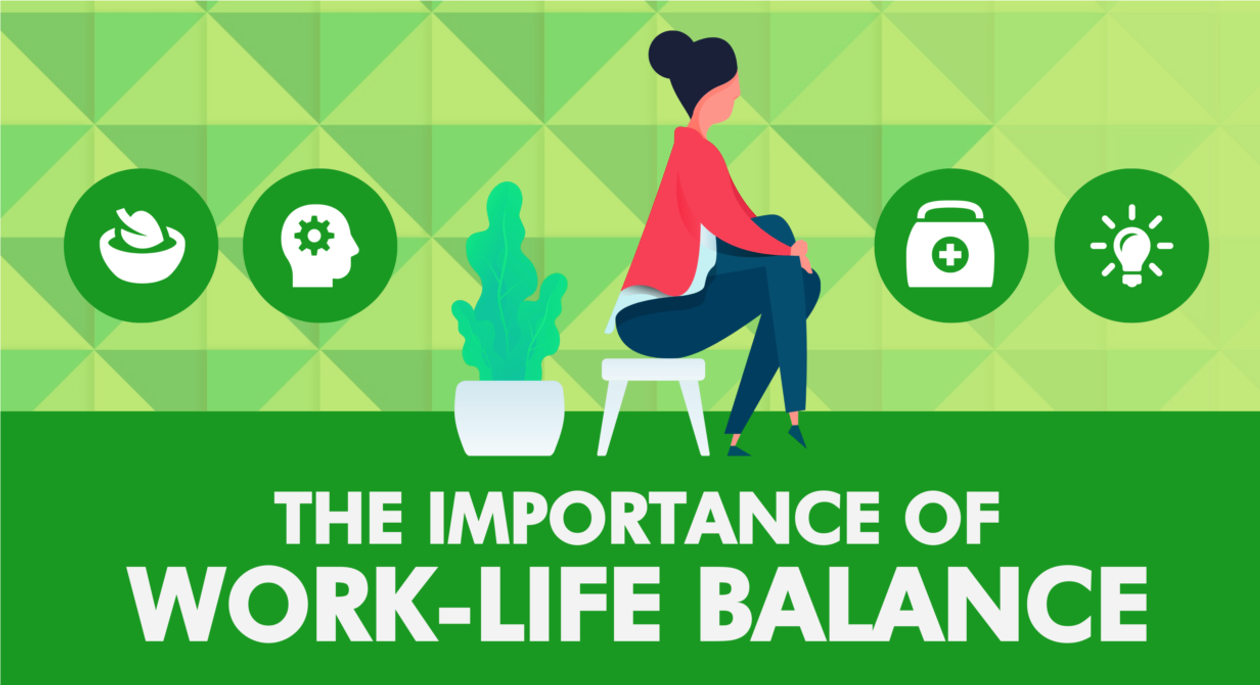How to Improve Self-Esteem: 7 Tips to Value Yourself More

Self-esteem is a cornerstone of our mental well-being, and it profoundly influences the way we perceive and value ourselves. It’s the foundation upon which our confidence, resilience, and overall life satisfaction are built. In this guide, we’ll explore the concept of self-esteem and provide you with practical tips and strategies to enhance it. Whether you’re struggling with self-doubt or seeking to build a more positive self-image, this guide will help you embark on a transformative journey towards valuing yourself more and living a happier, more fulfilling life.
Improve Self-Esteem
In the following paragraphs, we’ll delve into the importance of self-esteem and introduce you to the seven key tips that can empower you to improve it. By the end of this guide, you’ll have a better understanding of how to nurture your self-esteem and apply these insights to your daily life, promoting self-confidence, self-worth, and personal growth.
Understanding Self-Esteem
Before we dive into the tips, it’s crucial to understand what self-esteem is. Self-esteem refers to the confidence and respect you have for yourself. It’s a fundamental aspect of mental health that can significantly impact your relationships, work, and overall life satisfaction.
The Importance of Self-Esteem
self-esteem improvement: Self-esteem is a critical component of our emotional and psychological well-being. It influences the way we perceive and value ourselves, and it plays a pivotal role in shaping the quality of our lives. High self-esteem is associated with a range of positive outcomes, while low self-esteem can have detrimental effects on our mental health and overall happiness.
Having a healthy level of self-esteem means having confidence in our abilities and a positive self-image. It means we believe in our worth and capabilities, and we’re more likely to pursue our goals, face challenges, and form healthy relationships. This positive self-perception can act as a shield against the negative impact of life’s difficulties, helping us navigate through them with resilience and optimism.
Conversely, low self-esteem can lead to self-doubt, anxiety, and a negative self-image. When we don’t value ourselves, it becomes difficult to set and achieve goals, maintain healthy relationships, and handle life’s challenges. Negative self-perceptions can turn into a self-fulfilling prophecy, hindering us from realizing our full potential.
Read More: How to boost your self-confidence in public speaking? – 10 Best Tips to become fearless
Tip 1: Practice Self-Reflection
self-esteem improvement: Self-reflection is a valuable practice for improving self-esteem. It involves taking the time to look inward, assess your thoughts, feelings, and actions, and gain a deeper understanding of yourself. This self-awareness is a crucial step in the journey to higher self-esteem.
Start by setting aside regular periods for self-reflection. You can do this by finding a quiet, comfortable space where you won’t be disturbed. During these moments, ask yourself questions like:
- What are my strengths and weaknesses?
- What accomplishments am I proud of?
- What challenges have I overcome?
- What are my core values and beliefs?
- What are my goals and aspirations?
Tip 2: Set Realistic Goals
self-esteem improvement: Setting and achieving realistic goals is a powerful way to boost self-esteem. It allows you to build confidence incrementally and experience a sense of accomplishment. Here’s how you can apply this tip to your life:
- Identify Your Goals: Start by identifying both short-term and long-term goals. These can be related to personal development, career, relationships, or any area of your life that’s important to you.
- Break Goals into Smaller Steps: Once you’ve set your goals, break them down into smaller, manageable steps. This makes them less overwhelming and more achievable.
- Create a Plan: Develop a clear plan for each step, outlining the actions you need to take, resources you might need, and a timeline for completion.
- Track Your Progress: Regularly track your progress. Celebrate each small accomplishment, as this will boost your confidence and motivation.
- Adapt and Adjust: Be open to adjusting your goals or your approach if needed. Life is full of unexpected twists, and it’s essential to be flexible.
Tip 3: Positive Self-Talk
self-esteem improvement: Positive self-talk is a powerful tool for enhancing self-esteem. The way you talk to yourself can significantly influence your self-perception. Here’s how you can incorporate positive self-talk into your life:
- Identify Negative Self-Talk: Start by recognizing when you engage in negative self-talk. These are the critical, self-deprecating thoughts that can erode your self-esteem.
- Challenge Negative Thoughts: When you catch yourself thinking negatively about yourself, challenge those thoughts. Ask yourself if they are based on facts or are merely self-limiting beliefs.
- Replace with Positive Affirmations: Replace negative thoughts with positive affirmations. For example, if you think, “I’m not good enough,” replace it with “I am capable and worthy.” Repeat these affirmations regularly.
- Be Kind to Yourself: Treat yourself with kindness and compassion. Just as you would support a friend in times of self-doubt, be your own best friend and offer encouragement.
- Practice Gratitude: Reflect on the things you’re grateful for. This can shift your focus from what you lack to what you have, promoting a more positive self-image.
Tip 4: Surround Yourself with Positivity
self-esteem improvement: Surrounding yourself with positivity is a crucial step in improving your self-esteem. Your environment and the people you associate with can profoundly influence your self-perception. Here’s how to create a more positive and supportive circle:
- Evaluate Your Relationships: Take a close look at the people in your life. Identify those who uplift and support you, as well as those who bring negativity or criticism.
- Minimize Toxic Relationships: Distance yourself from individuals who consistently undermine your self-esteem or foster negativity. It’s essential to protect your well-being.
- Cultivate Positive Relationships: Nurture relationships with individuals who genuinely care about your happiness and growth. These connections can provide encouragement and positivity.
- Join Supportive Communities: Seek out groups or communities that share your interests and values. Surrounding yourself with like-minded individuals can be empowering and inspiring.
- Practice Assertiveness: Learn to assert yourself and set boundaries when necessary. This ensures that you maintain relationships that are respectful and supportive.
Tip 5: Celebrate Achievements
self-esteem improvement: Celebrating your achievements, no matter how small they may seem, is a vital aspect of improving self-esteem. Acknowledging your successes not only boosts your self-confidence but also motivates you to strive for more. Here’s how to make the most of this tip:
- Recognize Small Wins: Start by recognizing and celebrating even the smallest achievements in your daily life. These can include completing a task, achieving a personal goal, or overcoming a challenge.
- Set Milestones: Break your larger goals into milestones, and celebrate each one as you reach them. This approach provides a sense of progression and accomplishment.
- Reward Yourself: After achieving a milestone, treat yourself to something enjoyable. It can be as simple as a special meal, a relaxing evening, or a small gift.
- Reflect on Progress: Regularly reflect on how far you’ve come. This reflection can provide a sense of satisfaction and encourage you to set new goals.
- Share Your Achievements: Share your successes with supportive friends and family. Their positive reactions can further boost your self-esteem.
Tip 6: Self-Care and Self-Compassion
self-esteem improvement: Practicing self-care and self-compassion is a vital aspect of improving self-esteem. It involves taking care of your physical and mental well-being and being kind and forgiving to yourself. Here’s how to incorporate this tip into your life:
- Prioritize Self-Care: Make self-care a regular part of your routine. This can include activities like exercise, meditation, journaling, or spending time doing things that bring you joy.
- Set Boundaries: Learn to set boundaries to protect your time and energy. This helps prevent burnout and fosters a sense of self-worth.
- Practice Mindfulness: Be present in the moment and mindful of your thoughts and feelings. This can help you become more self-aware and compassionate towards yourself.
- Be Kind and Forgiving: Treat yourself with the same kindness and forgiveness that you would offer to a friend. We all make mistakes and face challenges; self-compassion allows you to navigate these with grace.
- Positive Affirmations: Use positive affirmations to remind yourself of your strengths and capabilities. This can counteract negative self-talk and boost your self-esteem.
Tip 7: Seek Professional Help if Needed
self-esteem improvement: Sometimes, improving self-esteem may require the assistance of a qualified professional. If low self-esteem is severely impacting your life, don’t hesitate to seek therapy or counseling. Here’s how to approach this tip:
- Recognize the Signs: Be aware of the signs of severe self-esteem issues, such as chronic self-doubt, excessive self-criticism, or persistent feelings of inadequacy.
- Research Therapists or Counselors: Take the time to research and find a therapist or counselor who specializes in self-esteem and mental well-being. Read reviews, check qualifications, and choose someone you feel comfortable with.
- Begin the Healing Process: Once you’ve found the right professional, start the healing process. Therapy or counseling can provide you with valuable strategies, support, and a safe space to work on your self-esteem.
- Set Realistic Expectations: Understand that self-esteem is a journey, and improvements may take time. Be patient with yourself and trust the process.
- Commit to Self-Improvement: Engage actively in the therapeutic process. This might involve introspection, exercises, and discussions that address the root causes of low self-esteem.
Read More: 10 Tips How to Motivate Yourself to Study?
Conclusion
Improving self-esteem is a transformative journey that holds the key to a more fulfilling and content life. Your self-esteem significantly influences how you view and value yourself, impacting various facets of your existence. By implementing the seven tips outlined in this article, you can start valuing yourself more and cultivating a positive self-image.
Understanding the importance of self-esteem is the first step. It’s not a luxury but a necessity for your mental and emotional well-being. High self-esteem leads to increased confidence, resilience, and a more optimistic outlook on life. Low self-esteem, on the other hand, can breed self-doubt, anxiety, and a negative self-image.
FAQs
1. Can self-esteem really be improved?
Yes, self-esteem is not fixed. With effort and the right strategies, you can improve your self-esteem over time.
2. How can I stop negative self-talk?
To stop negative self-talk, start by identifying these thoughts and consciously replacing them with positive affirmations.
3. What are some self-care practices for boosting self-esteem?
Self-care practices include exercise, meditation, journaling, and spending time doing activities that bring you joy.
4. How do I choose the right therapist for improving my self-esteem?
To find the right therapist, research their qualifications, approach, and read reviews. It’s essential to feel comfortable and supported by your therapist.
5. How long does it take to see improvements in self-esteem?
The timeline for improvement varies for each individual. It depends on the effort and dedication you put into the process. Be patient with yourself and celebrate small victories along the way.







